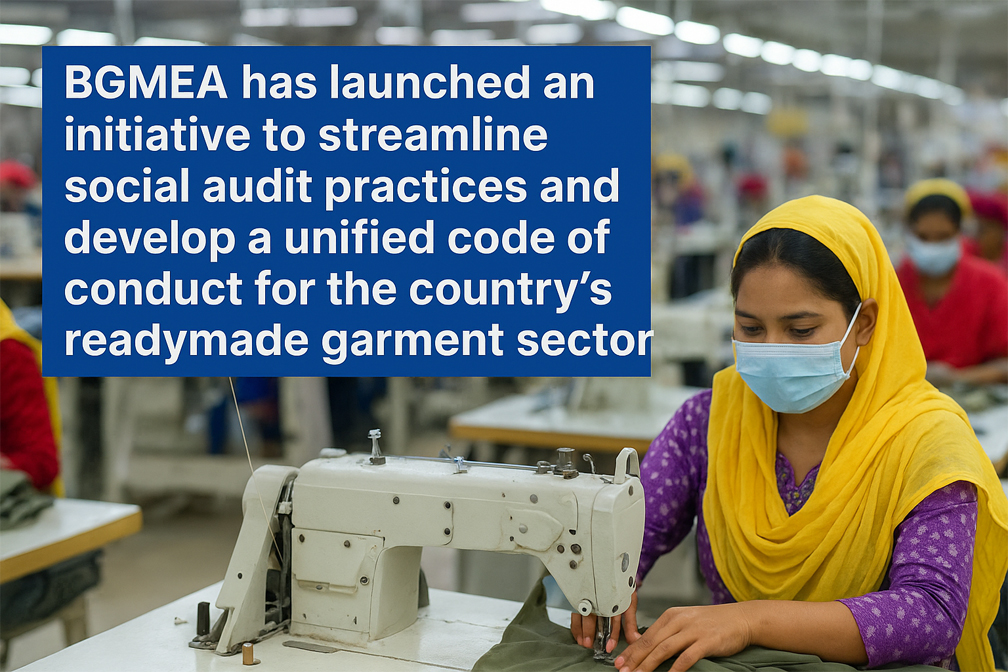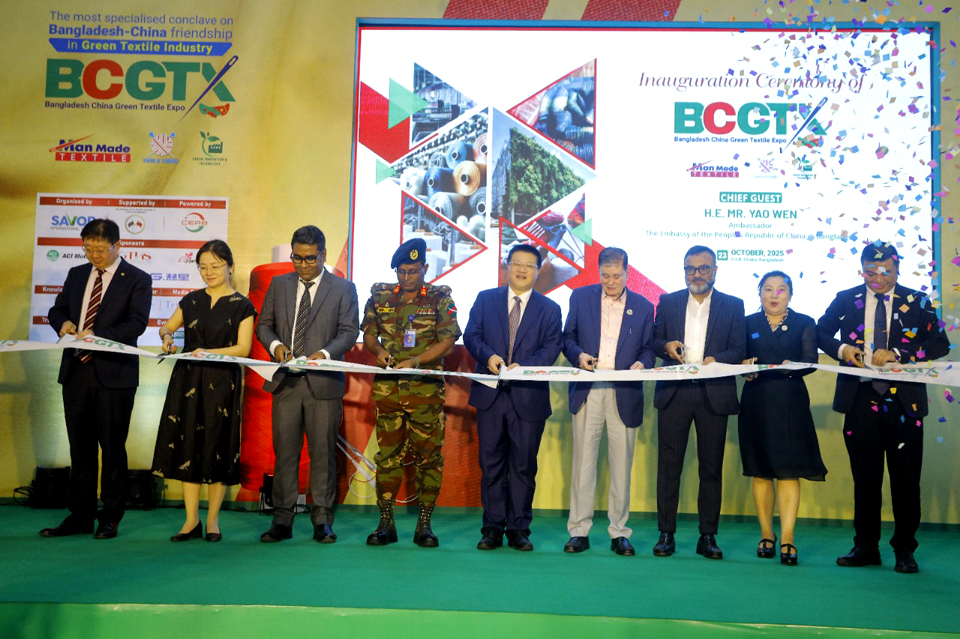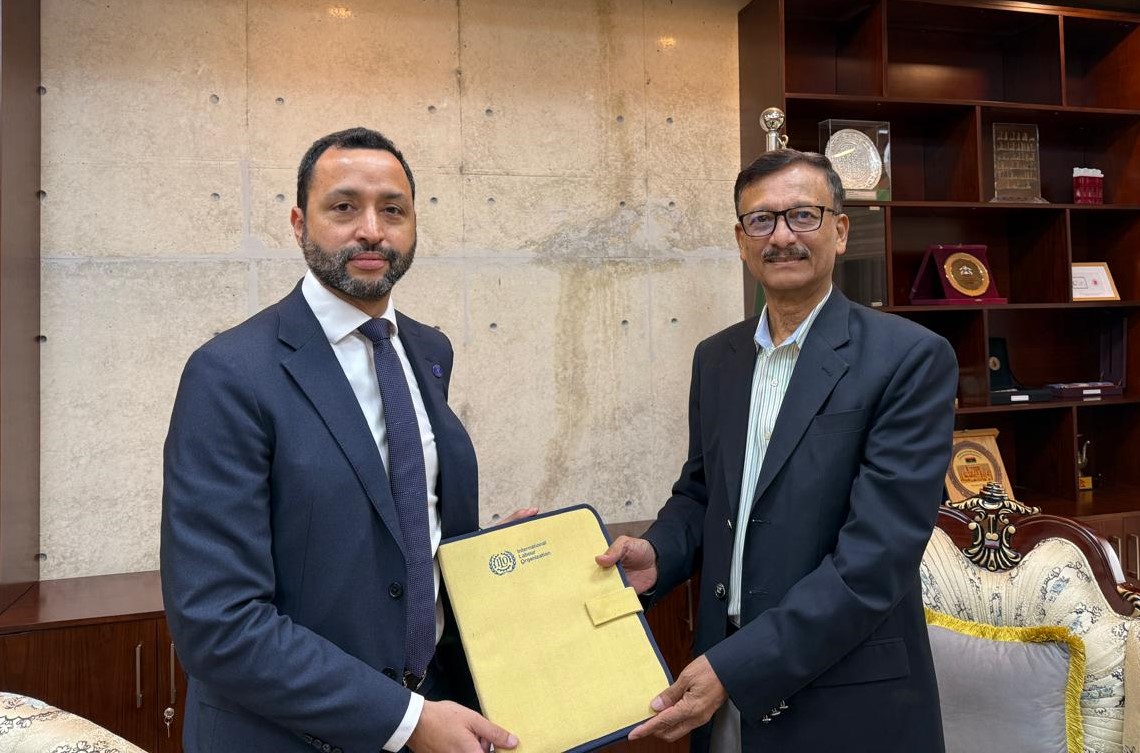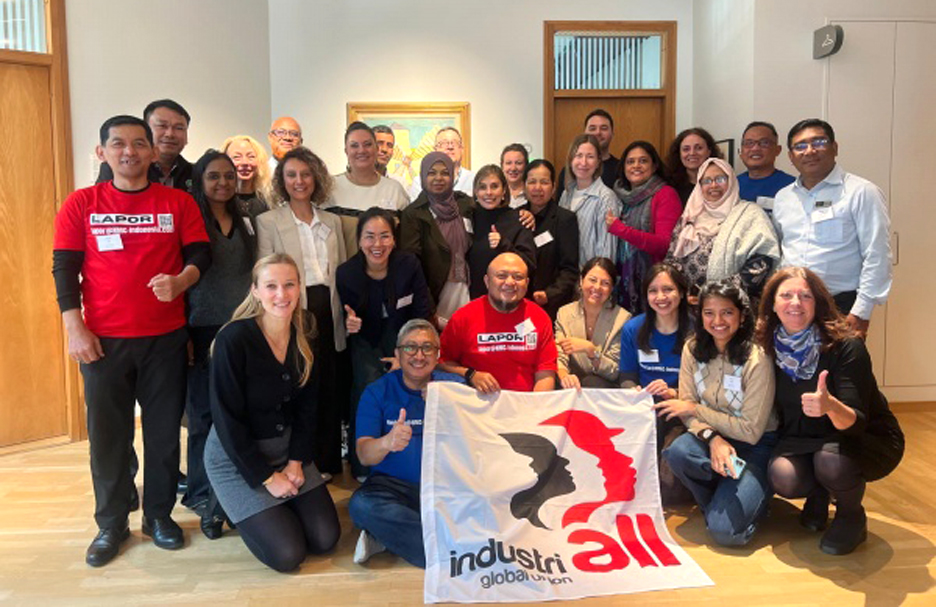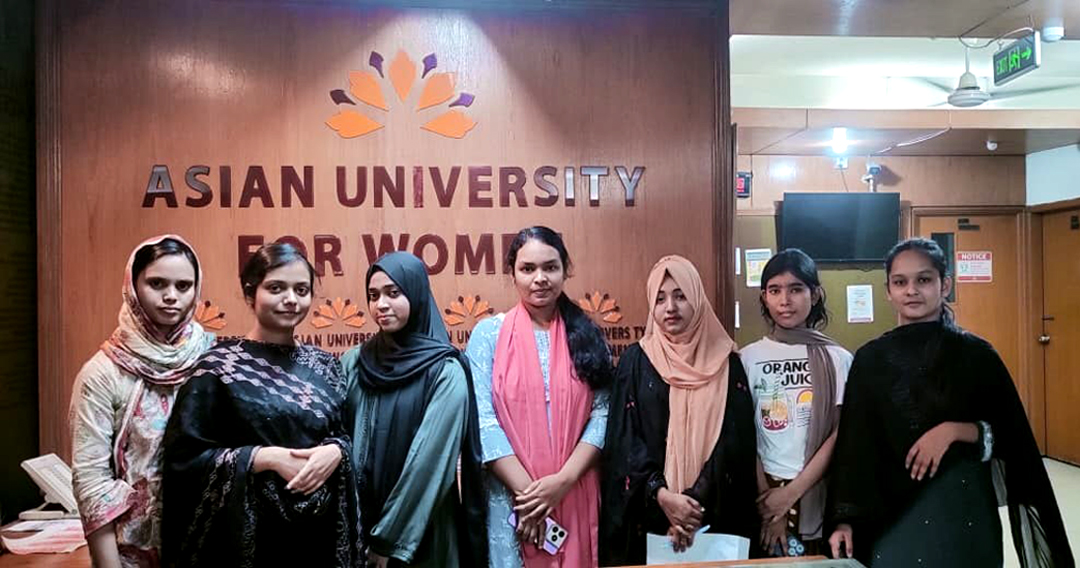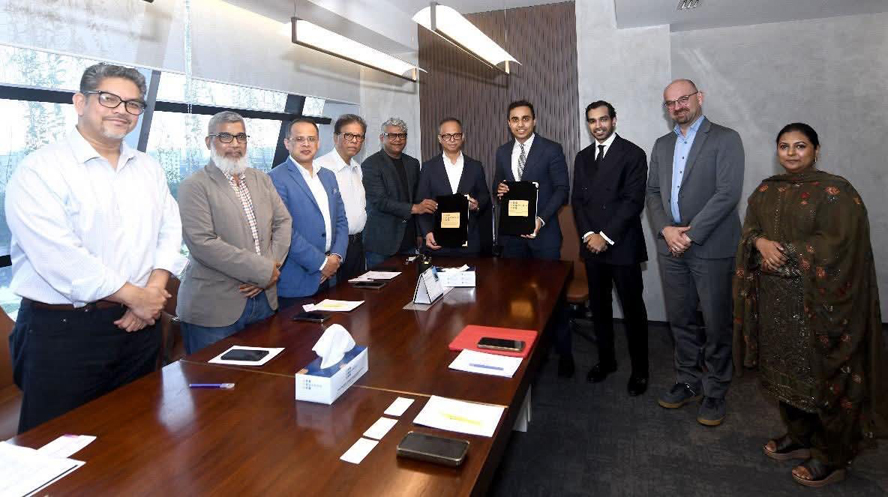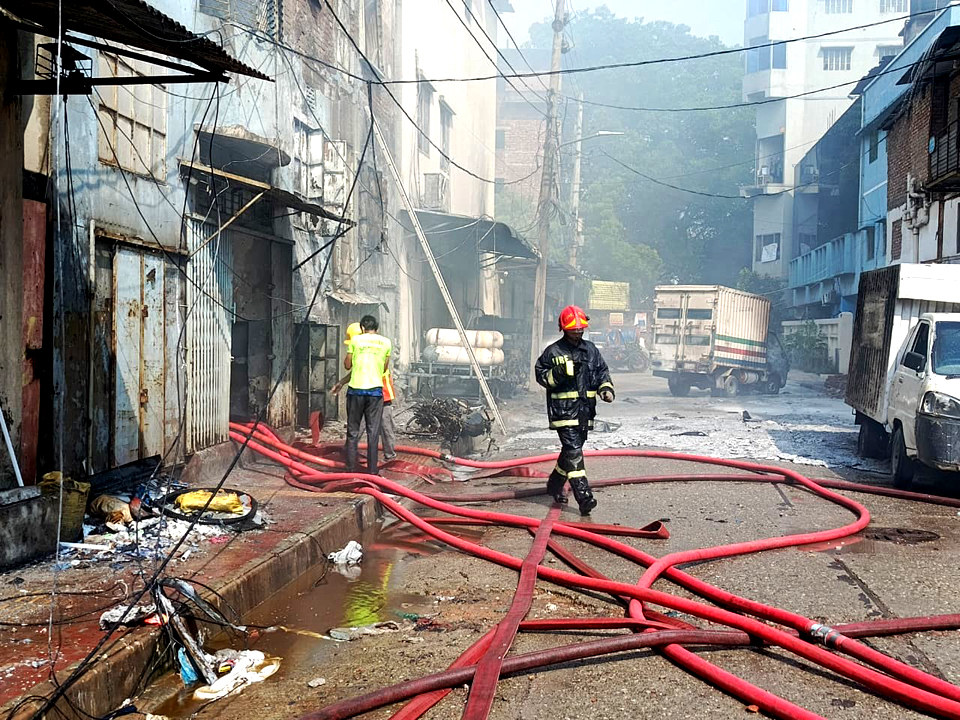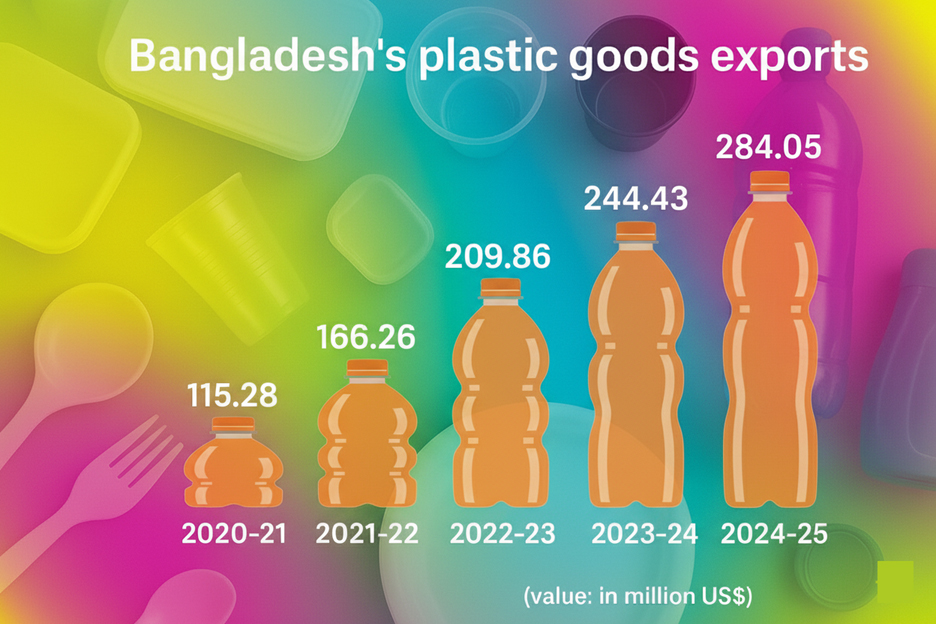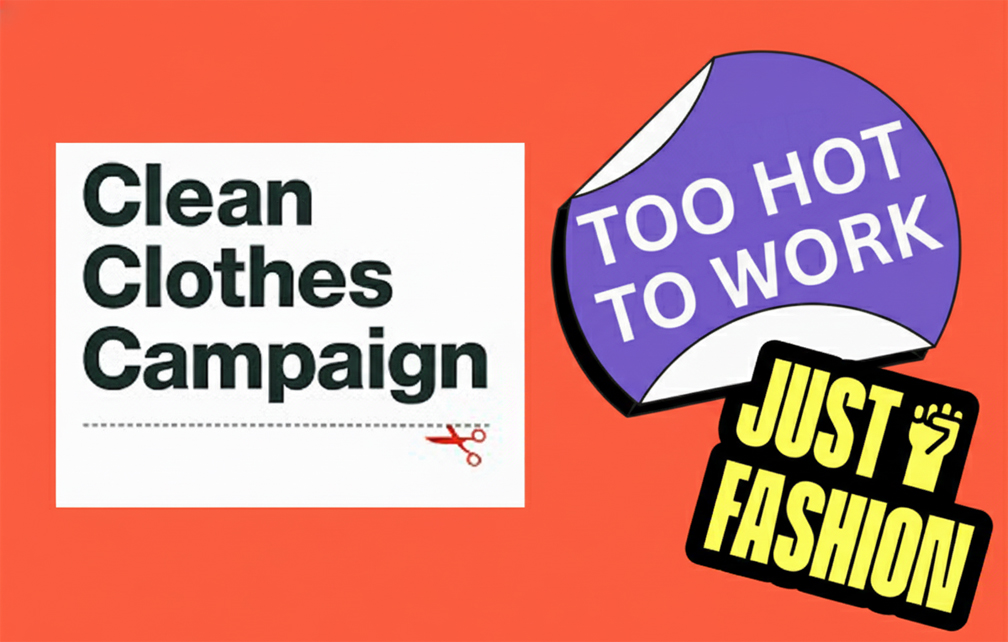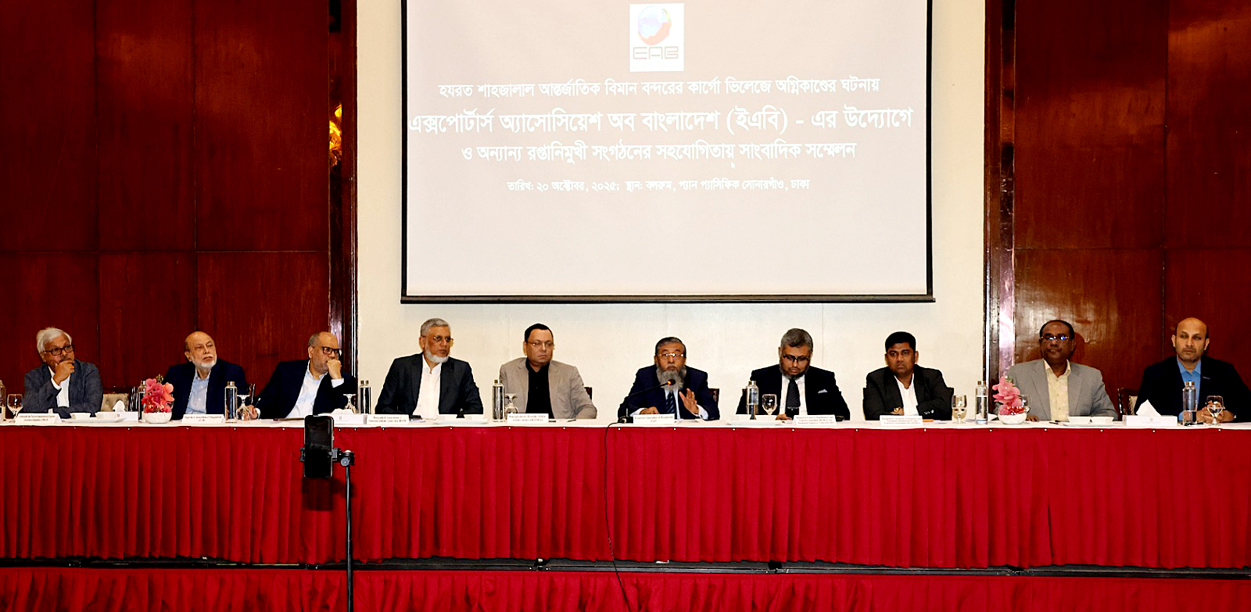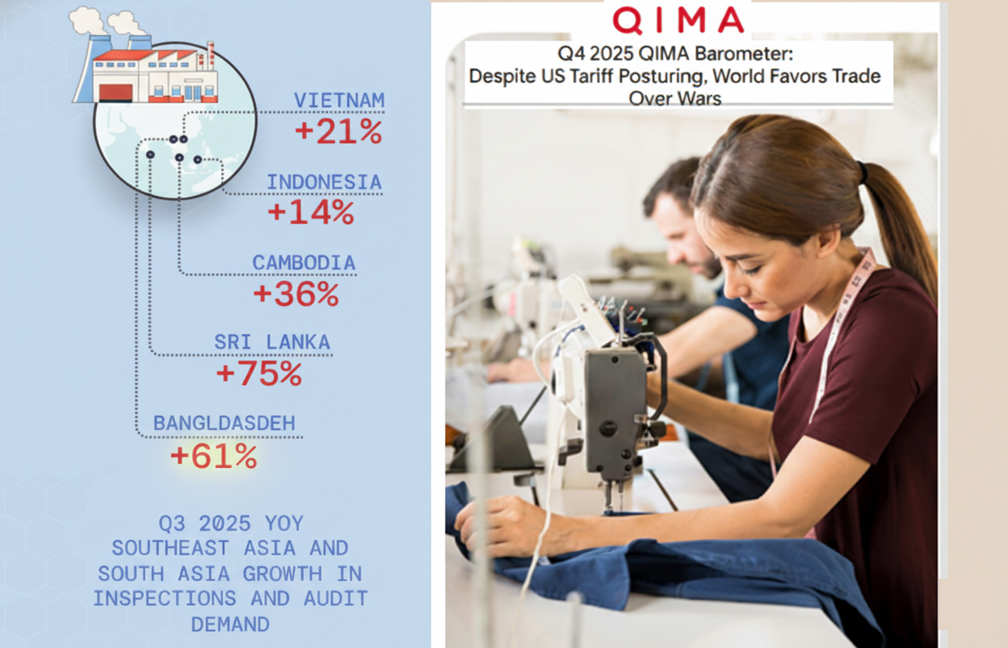Bangladesh Garment Manufacturers and Exporters Association (BGMEA) has launched an initiative to streamline social audit practices and develop a unified code of conduct for the country’s readymade garment sector.
The move aims to reduce multiple and overlapping inspections while ensuring compliance and sustainability standards remain robust and credible, BGMEA leaders said.
In a circular issued on September 10, BGMEA requested all its member factories to provide detailed information on audit practices and associated costs.
Several local apparel exporters highlighted the burden posed by frequent audits, saying that social audits are often repeated throughout the year, frequently by the same auditors, and require the same data to be submitted to different buyers.
They said such repetition consumes significant time and money and disrupts production schedules as factories accommodate inspections intended to verify previously submitted information.
They pointed out that social auditing is widely used in global supply chains to identify labour and human rights risks and to ensure that suppliers adhere to international, regional, or company-specific standards of ethical labour practices.
According to an International Trade Centre (ITC) report published the previous year, Bangladesh continues to experience the highest average number of social audits, even as other major garment-producing countries, including China, Vietnam, Turkey, and India, saw a decline.
The report, titled Navigating the Regulatory Landscape: Audit Fatigue in the Garment and Textile Industry, said that excessive auditing could lead to fatigue and inefficiencies within supply chains.
The report indicated that the average number of social audits per facility in Bangladesh was 3.6 in 2021, rose slightly to 3.7 in 2022, and returned to 3.6 in 2023. By contrast, China’s average declined from 3.1 in 2021 to 2.8 in 2023, while Vietnam’s dropped from 3.2 to 2.6 over the same period.
Turkey and India recorded similar downward trends.
BGMEA leaders held a meeting on September 3 with representatives from 40 leading buyers and retailers, including H&M, Puma, Gap, Lidl, Aldi, Tchibo, Bestseller, and Target USA, to discuss support for introducing a unified code of conduct.
The association’s presentation showed that different audit firms request between 85 and over 600 data points, primarily focusing on labour, safety, environment, ethics, wages, and working hours.
Faisal Samad, a BGMEA director, said that many social issues were commonly addressed across buyers’ audits.
He said that if the highest standards were adopted for a unified code of conduct, they must be acceptable to all concerned.
Faisal emphasised that the purpose of the survey was to identify and minimise overlapping audits and noted that, once the survey was complete, BGMEA would engage all stakeholders, including buyers, to finalise the unified code of conduct.


